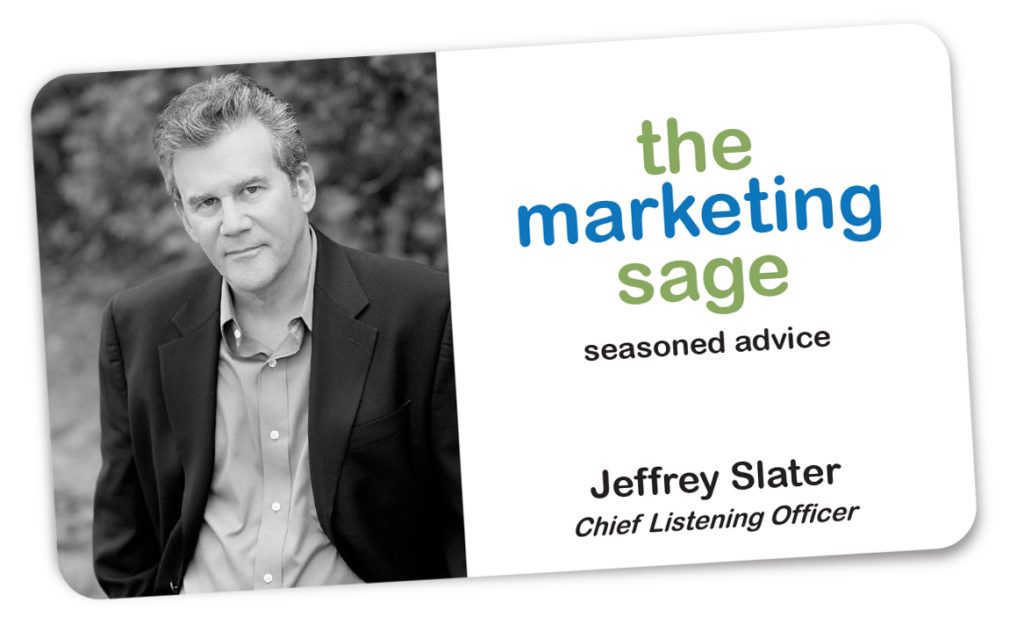Failure Meetings
Does your company hold a failure meeting? It is a simple idea where your team (department) or small group gets together once a month, and every one tells a story about a failure.
Why?
Companies that don’t celebrate and examine reasonable failures don’t take chances. They sit back. Afraid to act. Unable to try something new.
Companies that breed into the culture risk-taking will test and try new approaches to solving problems. Don’t you want a culture where employees push the envelope and try actions that makes them a little uncomfortable? Calculated risk-taking can take your brand to places competitors don’t want to go.
How Did I Fail This Past Month?
I pushed a client too hard. He felt my aggressiveness because I kept telling him things he didn’t want to hear. He got annoyed and asked me to back off.
This aggressiveness with this client was one of my failures for the month. Or at least, I initially thought it was a fail.
In a few weeks, he called and thank me because no one else around him is urging him to try something he is reluctant to do. I’m glad I took a risk and pushed him into an uncomfortable zone. He decided to take my advice and take a calculated risk to test something he has been afraid to try.
There comes a time in your career where you must ask – what’s the worst that can happen? If I’m not trying new things, testing the waters, and pushing into new territory – things get stale and boring. And, if I’m true to my brand, there are times when the uncomfortable push is the right thing.
Running a Failure Meeting
There are three keys to running a failure meeting.
- The most senior person goes first. She should be willing to tell a story of something that happened in the past month that was a failure and didn’t go as planned. Or, of something she did that was uncomfortable and felt wrong – but she pushed through knowing that even if she failed, she tried.
- Reflect on what precisely went wrong. What was the heart of the failure? Miscommunications, poor use of resources, misreading of a situation, etc. The better you can articulate what happened, the more others on your team will feel the culture’s permission to try and break out of the box – and test the waters.
- What did you learn? The most important part of the meeting is what did you learn. What do you know now that might have helped you avoid the failure if in the same situation? What was the benefit of failing as some unexpected piece of data you saw, observed, or learned? In hindsight, was the risk – risky enough – should you have pushed even harder, spent a few more bucks or given your test more time?
Don’t fail to schedule a failure meeting once a month. It can be a breath of fresh air and a great way to build reasonable risk-taking into your culture.
You can set up a time to chat with me about your marketing challenges using my calendar. Email me jeffslater@themarketingsage.com Call me. 919 720 0995. The conversation is free, and we can explore if working together makes sense. Watch a short video about working with me.
Photo by the blowup on Unsplash





